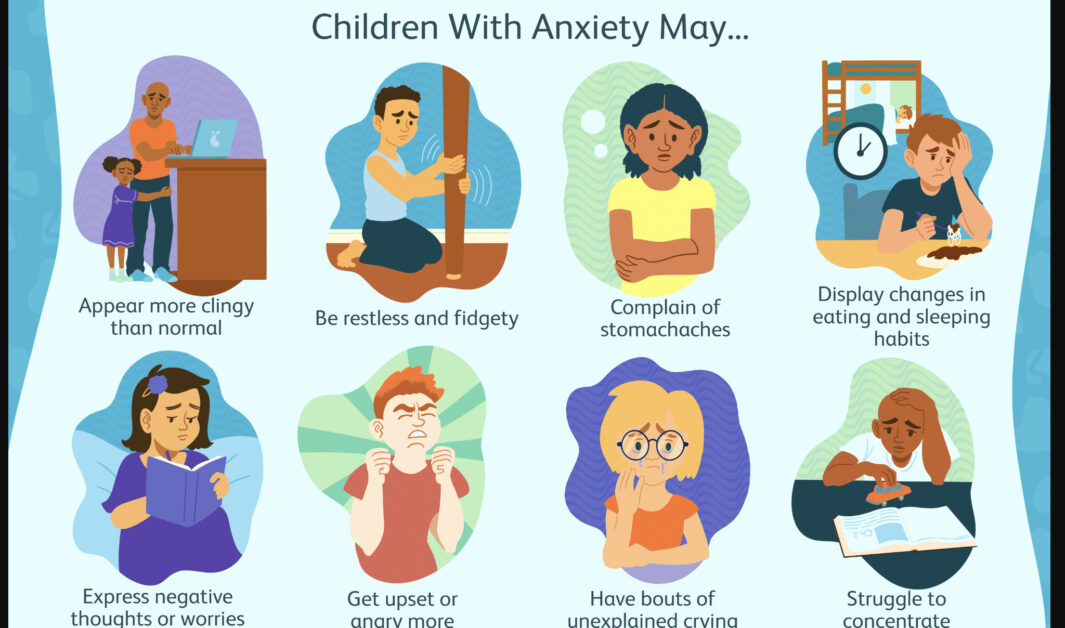Anxiety and anxiety disorders are crippling. If not managed, your anxiety may prevent you from working, studying, and even interacting with others.
Most people run towards antidepressants to help them manage their anxiety. Well, as much as antidepressants are helpful, they are a short-term solution. Let’s not forget the long-term negative effects of these medications.
There are proven ways to deal with normal anxiety and even anxiety disorders without dealing with the adverse effects of SSRIs and SNRIs.
Try these self-care anxiety management strategies for immediate relief and long-term management of recurring anxiety.
1. Manage Your Breathing
Your body sets an alarm in the form of sweating or a racing heartbeat whenever you face stress.
Triggers for such experiences vary among individuals. It might be the first day at work, a public presentation among colleagues, or meeting potential future in-laws for the first time.
The overwhelming feeling can feel like it’s constricting your throat, choking you. One of the secrets to managing such natural responses to stress is to control your breathing.
The first step is to recognize when you’re having an anxiety attack. Then go ahead and breathe slowly.
Count to five while breathing in slowly, then count again and breathe out. Repeat the technique several times until you begin to relax.
Finding a quiet place to exercise slow breathing can help you calm down faster.
2. Tame Your Thoughts
Anxiety can sometimes be a sign of low self-esteem. It’s important that you recognize it as there are different types of anxiety.
Suffering from low self-esteem, you may develop social anxiety. The disorder has symptoms like:
- Judging yourself harshly
- Being unable to express your ideas, wants, and feelings
- Preferring isolation
- Feeling crippled by fears and worries
Anyone facing these challenges will have difficulty functioning. It’s crucial that you learn to control your thoughts bit by bit.
- Schedule your worry time: Yes, you cannot wish away the worries. Doctors recommend at least a 30 minutes “worry session” where you deliberate about what is troubling you and how to solve it.
- Think positive: Face your fears by turning negative thoughts into positive ones. Positive thinking also means facing problems when they happen rather than struggling with “what ifs”.
3. Go for Small Wins
We all feel relief when we don’t have to deal with our triggers. But the relief from avoidance is only for a short while.
Try approaching your trigger gradually. If you get an anxiety attack when speaking to a crowd, start with one-on-one interactions.
You may want to pick a family member and let them hear you express yourself. Ask them for feedback and keep working on it. From there, move to a crowd of two then three close friends or colleagues as you go on.
In no time, you will learn that your fears have subsided, and you’re getting used to speaking freely. You’ll also learn how to overcome stressful situations without getting anxious.
4. Meditation
Meditation is key to relaxation and a calm mind.
The practice appeals to your inner peace by easing the jumbled thoughts and worries clouding your mind.
There are many meditation strategies.
We recommend mindfulness, where you broaden your awareness and observe your thoughts without judging them. Once all the information overload is cleared, you are left with improved physical and emotional well-being.
5. Alternative Treatments
Cannabidiol (CBD) is a cannabis extract that studies and user testimonies are championing when it comes to treating mood disorders like anxiety.
However, the FDA is yet to approve CBD for anxiety or any other condition besides epileptic seizure. If you have to use CBD for anxiety treatment, you must understand that it’s recognized as medicine.
By the same token, you could try medicinal mushrooms like psilocybin magic mushrooms, which you can adopt as part of your treatment strategy. Check out Veriheal for more on magic mushrooms.
Other remedies like herbal preparations can help manage anxiety. Some known herbal remedies for anxiety include:
- Rhodiola Rosea
- Kava root
- Chamomile
- Valerian
- Ashwagandha
Final Thoughts
There are many anxiety management strategies. You may try them out to see what works for you.
However, try consulting a medical professional before making decisions regarding your health. Remember, anxiety is a manageable health problem, and a qualified individual can make the road to finding a solution much easier than going at it yourself.

